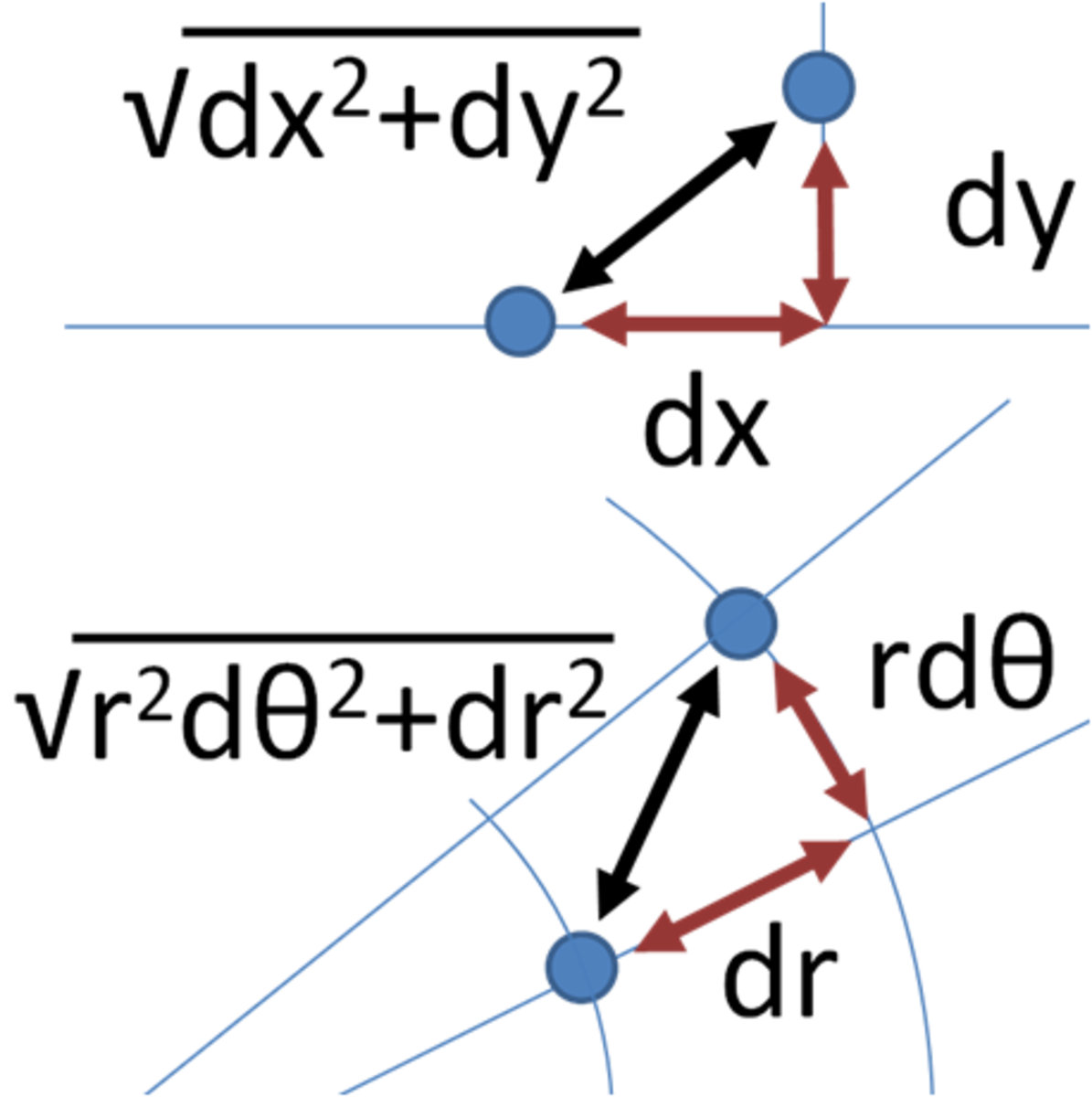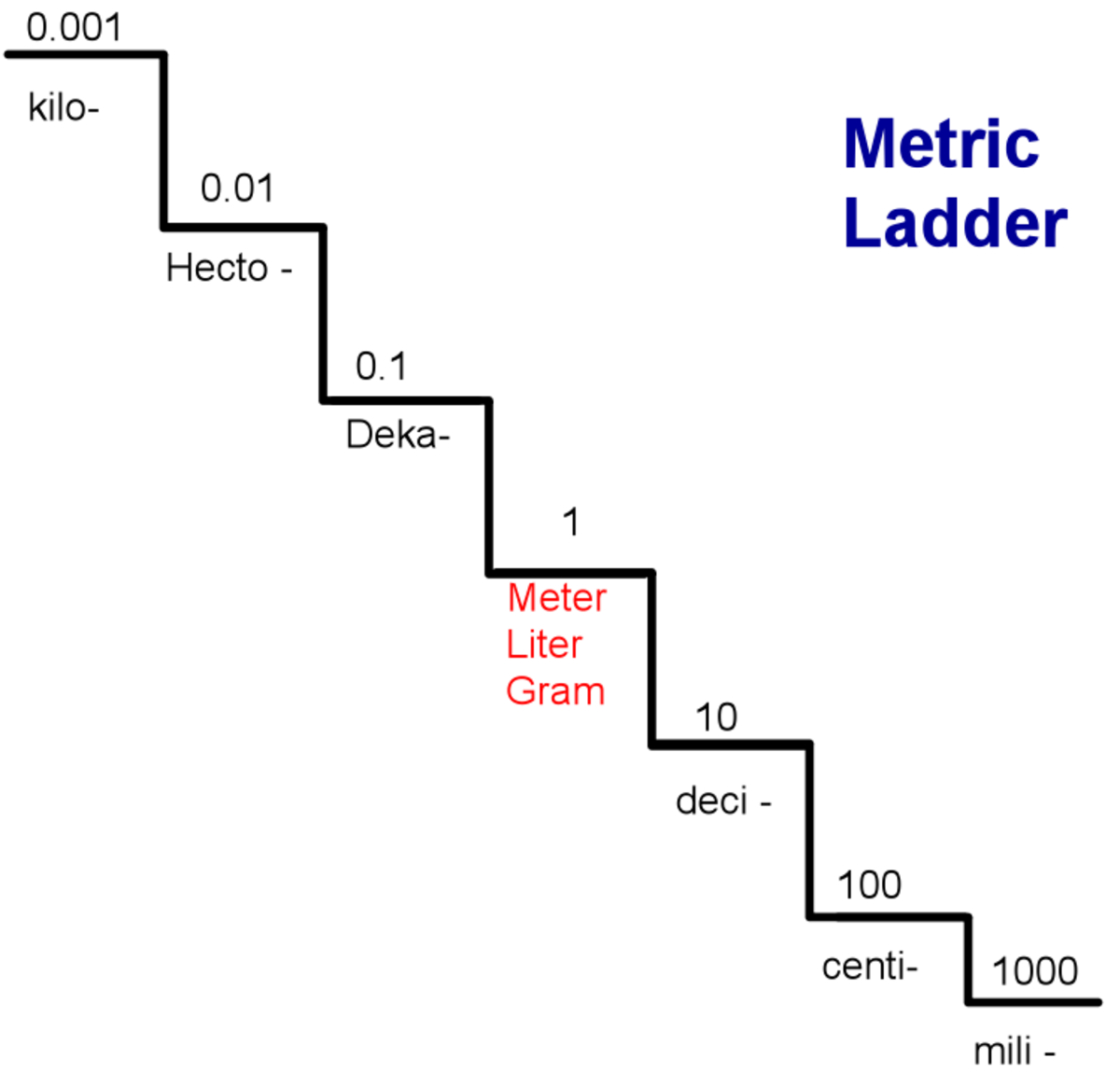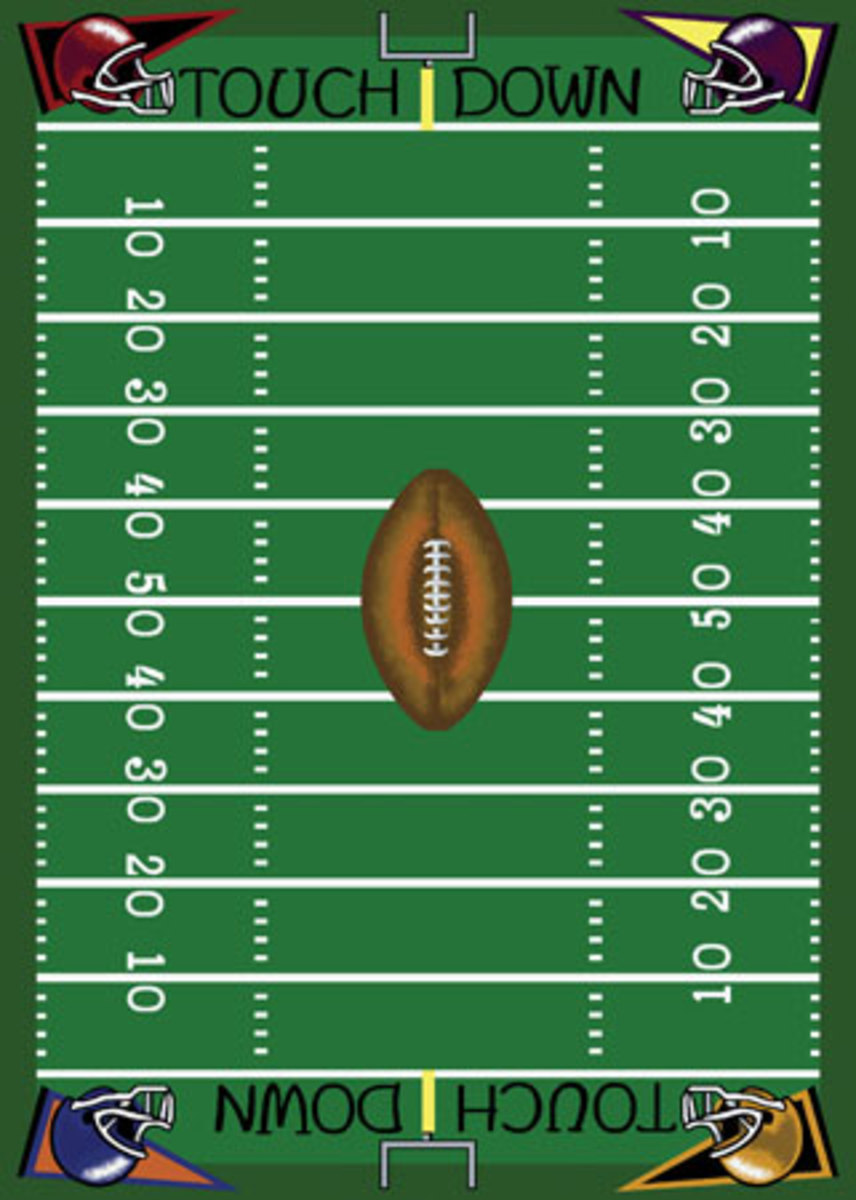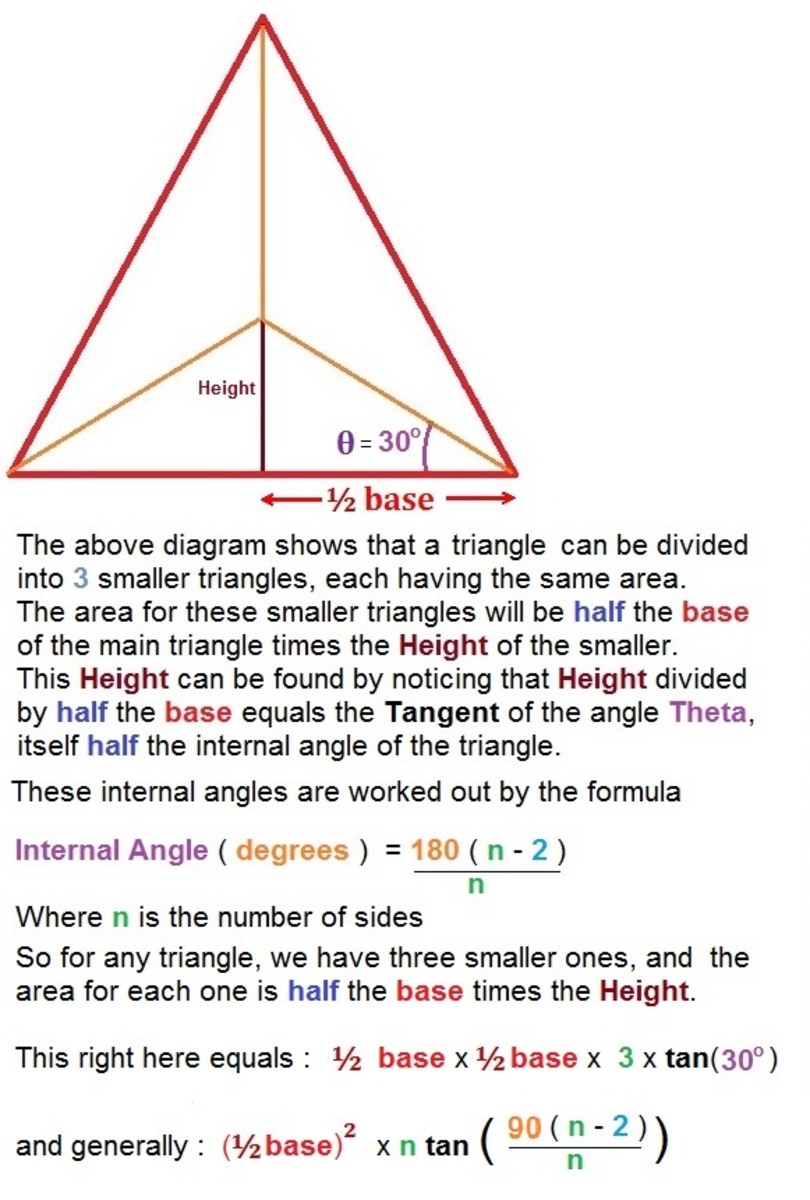Overcoming the Fear of Mathematics
Throughout my unending quest for knowledge, most of my peers have a fear of math. “Math is hard” is such a common phrase in school that when I announce to my friends that I’m a math major they always raise their eyebrows (or some will even say I’m crazy.) Am I really braver than any other student? Do I have more guts because I choose to overcome mathematics? No. I simply look at math differently, and I’ll show you how.
Why Math is so Important
Believe it or not, our society is held together with math. Every little bit of human society require mathematics. Space exploration, construction, cartography, music, taxes - these are things that touch every person’s lives at one point or another, and they all require math to do. Without math we have no cellphones, no Xbox 360, no iPod, no markets, no currency... The list goes on. Math is especially important, in a capitalistic society where money is almost nothing more than numbers in accounts.
Contrary to popular belief that a Math major is destined to be in a classroom for life, we actually have many career choices: and some of them the most high paying jobs in the world. Engineers and doctors all need to know their math; economists and bankers are constantly crunching numbers. Even the (detestable) accountants and statisticians all need math to survive. Here’s the kicker: one of the highest paying jobs, actuaries, is entirely based on mathematics. (They are the people who determine insurance rates, f.y.i.)

Origins of the Fear of Mathematics
Schools in the United States are excellent at providing interesting views of different subjects, to spark a student’s curiosity and interest in different subjects. A young student is usually interested in how he/she can relate a subject to their own lives. Let’s take a look at different subjects:
In Arts and Language subjects, it is very simple to make the lessons fun, where a student is encouraged to use their creativity to express themselves. However, high school English teachers who are under the pressure of teaching “standardized” testing material can make an interesting subject drier then the Sahara desert. (That’s a discussion for another time.) History is an easy subject to students to relate to as well, especially when a teacher can focus on how the history of the world brings us to where we are today.
Relating science to life is relatively a little more difficult, but we always can encourage the students to ask “why?” However, mathematics is different: after first four basic operations of add, subtract, multiply and divide, a teacher might not always be able to find a way for the students to relate mathematics to the world. For example, it’s much easier to answer “Why is the sky blue?” than to show the frequencies of light waves that passes through the atmosphere in mathematical form.
Even more troubling is that often when a student is asks “why,” a math teacher is often so engrossed in their own methods and their textbook explanations that they do not know how to answer questions other than with “because I said so.”
In the end, it is an unfortunate coincidence that math is a fundamentally important subject that is difficult to relate to - or is it?
Ron Eglash: African Fractals (TED)
Breaking the Ice
Mathematics and culture grew up together, and they’re best friends. Because school came along and assigned math and culture seats on different sides of the stadium of life, we’re beginning to forget that they used to hang out together. It’s time to get them new seats and bring them together.
Chinese, Indian, Islamic and Greek cultures all have their interesting forms of mathematics that are signified today. However, let’s point out a few interesting ones:
- African villages and hairbraiding naturally form fractals.
- Incans had the most accurate calendar before their fall.
- Mesopotamian mathematics is why we have use the number 60 for seconds and minutes and 360 degrees in a triangle.
- The Eye of Horus, a symbol in Egypt, has its own mathematical meanings as well.
Parents’ Roles
School is important, of course. But a parent’s outlook on certain subjects can be just as, if not more, important to a student’s attitude towards math. For me, I was fortunate to have parents who not only encouraged me to study, but also answered my questions. I asked my father “why does multiplication work the way it does,” and he actually showed me that 3 times 5 is just 3 added to itself 5 times. (3 x 5 = 3 + 3 + 3 + 3 +3)
But looking back, it seems that parents in both the United States and Hong Kong (where I grew up) had difficulties with math themselves, perhaps due to the same reasons that we face today as well. If you are a parent, read a little on the culture and mathematics, to help encourage your children in math!

Math as a Language
In order for us to understand and fiddle with math, we have to first understand that it is simply a language. Math is just a very precise and objective way to describe the world around us. For example, instead of saying that “this table is really heavy,” we can actually measure the mass of the table and objectively say the table as a fact. There is no subjectivity in mathematics like in the softer sciences. The numbers and variables are words, and the operators and functions are the grammar. Describe the world with it then.
Math as a Game
We can also look at math like a game. Math is defined by “axioms”, or rules that we cannot prove but we assume to be true. For example, 3 + 5 = 5 + 3 is an axiom. We can’t really proof logically for all the infinite numbers that a + b = b + a, but we intuitively know that it is true. So the axioms are sort of like the rules of the game. Everything else goes, as long as you know the rules of the game by heart.
If math is just a game, then aren’t the axioms just building blocks? Yes, they are. And we can make “theorems,” which are just bigger blocks to play with. Think of math like play-do. You can shape math in different ways, and use it define different models to describe and even predict the world.

Mathematics as a Paintbrush
I’m sure most of you have heard of computer generated graphics - they’re no longer the newest fad. Practically everyone and their mom has seen an image made with a computer. But digging deeper, we’ll see that computers are actually just electronics crunching numbers for us.
I hear in the audience, “Sure, but all the CGI looks as fake as a silicone filled breast!”
That is true, until we started implemented fractals into making natural objects. Fractals are peculiar, because not only are they mathematically interesting and pretty, but they occur in nature very often. The example to the right is a simple 2d fractal, and we can generate textures using the fractals to make CGI even more realistic looking. (But don’t forget to go out and actually see a leaf, people.)
- Math with Timmy – #teamnosleep
A journal of my journey into the madness of mathematics. - History of mathematics - Wikipedia, the free encyclopedia
Some insight into how mathematics and culture grew hand in hand for each civilization. - Fractal -- from Wolfram MathWorld
A great site on how the fractals are actually constructed. - komplexify.com : math jokes, humor, and poetry
This is where to go if you're tired of studying about math, but don't wanna switch gears too fast. There's a lot of math jokes here.
Math in Your World and its Humor
Sure, there's interesting stuff in math, but what about real world application? Things that concern me?
Well, suppose you own a delivery business, or you’re a delivery man. What if you have 5 packages to deliver, and they’re spread out? There’s actually a branch of mathematics called the Traveling Salesman Problem, where they figure out algorithms to help you find efficient routes. 5 packages doesn’t sound so bad... But if you have 30 packages, there’s actually 4,420,880,996,869,850,977,271,808 million possible paths! (About the weight of your mom in pounds.) Interestingly, you can also make really nerdy your mom jokes with math. Also, here are a few never-been-tested math pick-up lines:
- I wish I was your derivative so I could lie tangent to your curves.
- Your beauty defies real and complex analysis.
- You've got more curves than a triple integral.
- You and I add up better than a Riemann sum.
- You must be cosine squared, because I’m sine squared, and together we could be one. (This one is a little messy, since it should be “cosine of theta squared...” Oh god I’m so nerdy.)
You get the idea.
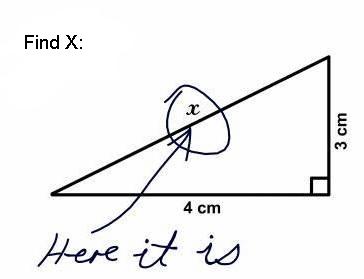
Math in Practice
The best way to deal with math is to step back from it. Detach yourself from your habitual thought when you see equations. It’s simply a question, except in a more abstract form. When you are working with a math problem, forget that you are in the room. There are only the numbers and variables in front of you - now gather the toys and LET’S PLAY!
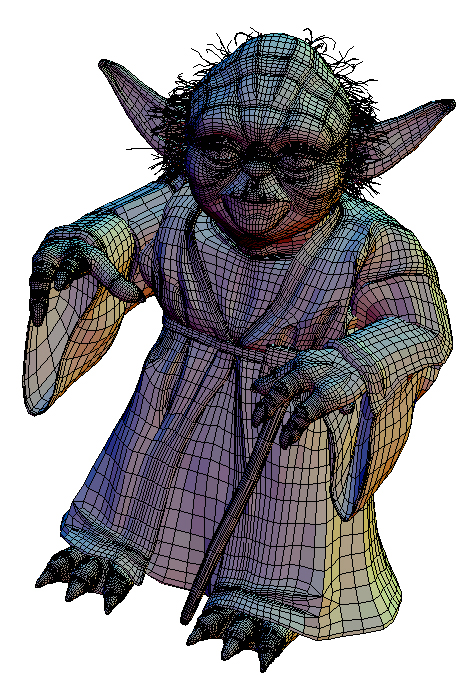
Honey, Just Stop and Ask for Directions
The whole journey imagery is overused, so I’m not going to
shame myself in using it again here: learning math is just like a journey.
Sometimes, you might find it easier to ask someone to point the way... However,
remember to be very precise with your question, or you might be pointed to the
wrong direction! (Example: If you ask someone “where’s Texas,” they will
probably point you to the right direction, but if you asked “where’s Texas
Academy of Math and Science in Denton, Texas”, they might be able to give you a
much better answer.)
The internet is always a good place to look, but always verify your sources! Any bloke could write on the internet, and there’s no telling if he/she is right or wrong. Here are a few sites that I have used:
- Wikipedia - they argue over the math a lot, so usually anything below Multivariable Calculus is correct. (Though they’re very stubborn about making the math unattainable to non-math majors.)
- Yahoo! Answers - STAY AWAY FROM THIS SITE. I’ve played around with it for about two months, answering questions, and often the “best answer” is the incorrect or incomplete answer.
- Wolfram - Probably the most advanced company that specializes in mathematics. (Their main product is CALLED Mathematica.) They have great tools and such, but is also very esoteric about the mathematical knowledge.
In reality, asking your teacher or getting free tutoring is
the best course of action. If you’re in college, invest in a study group or
even a paid tutor. There is absolutely no point in stumbling about when you
know there are people who can point you in the right directions.
Hope you enjoyed this article, and good luck with math!
Remember: “Fear is the path to the dark side.” - Yoda
Update: Jan 2017
Wow, I wrote this when I was still in community college, before I figured out my major. How did it take me so long to figure out I wanted to be a math teacher?
I now have a webpage dedicated specifically to math education. Hope to see you there!



